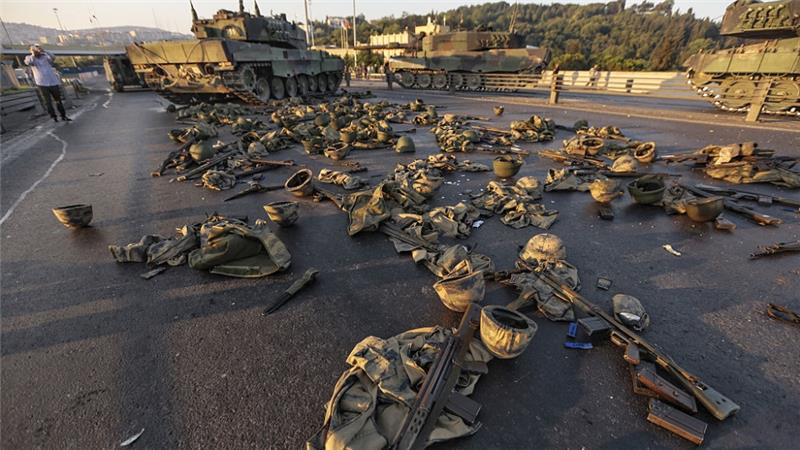Gulenists involved in Turkish coup
March 25, 2017 | Expert Insights

The followers of cleric and businessman Fethullah Gulen were involved in last summer's failed coup in Turkey, & there is no evidence to suggest the Gulen Movement as a whole was behind the plot.
The Foreign Affairs Committee's (FCO) report released on Saturday said the evidence of individual Gulenists' involvement in the attempt to overthrow the government was "mostly anecdotal or circumstantial, sometimes premised on information from confessions or informants...".
The report also said that such evidence "is so far inconclusive in relation to the organisation as a whole and its leadership".
As well as the coup, the 82-page report also focuses on the UK's ties with Turkey; the threat from the outlawed Kurdistan Workers' Party (PKK); and the status of democracy in the country.
Since the July 15 coup attempt, Turkey has accused Pennsylvania-based Gulen of being behind the push to overthrow President Recep Tayyip Erdogan. During the failed coup, about 300 people, the vast majority of them civilians, were killed across Turkey as rebel soldiers targeted the government by bombing state buildings.
Turkish government's account of the Gulenists and the coup
Turkish government's account of the Gulenists and the coup, which the FCO seems willing to accept broadly at face value, is not substantiated by hard, publicly available evidence, although as yet uncontradicted by the same standard.
Analysis
Lack of transparency, it was unlikely Gulenists were the only elements involved in the coup.
Turkey is seeking Gulen's extradition from the US, a request which has not been granted.
Accusing Gulen's network of staging the coup attempt, Turkey says it is behind a long-running campaign to overthrow the state through the infiltration of Turkish institutions, particularly the military, police and judiciary.
While Turkey faced, a threat following the coup attempt against the backdrop of increased "terrorism", it disagreed with some tough measures by the Turkish government under a state of emergency.
Assessment
Turkey needs and deserves the support, but that support needs to include the critique where Turkish policy is not in its own.








Comments